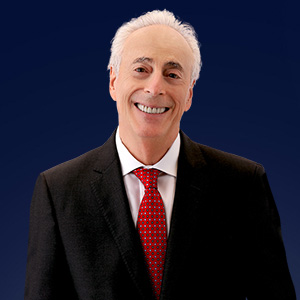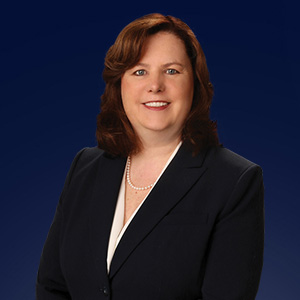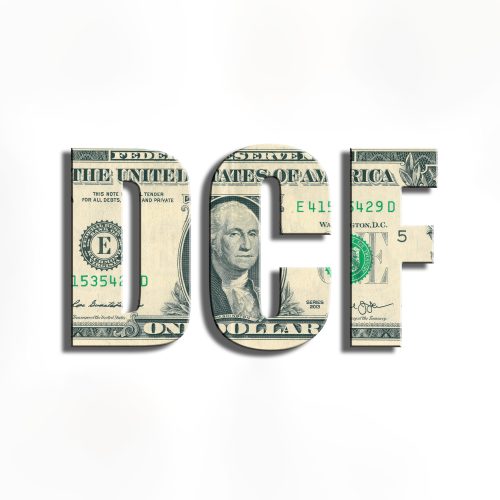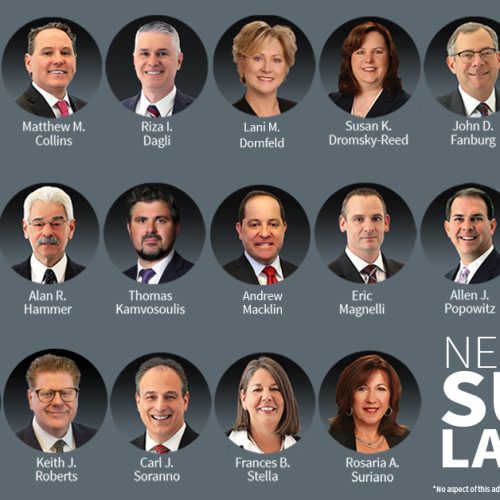Qualified Charitable Distributions
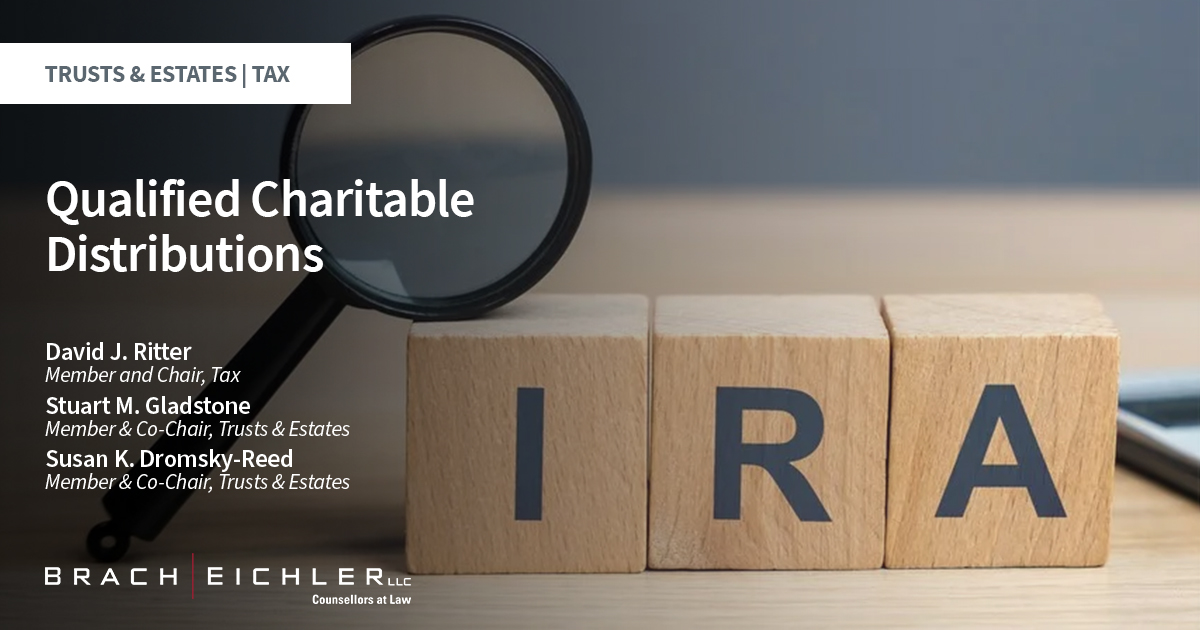
November 29, 2022
As we approach the end of the year, individuals may wish to explore lifetime gifts of retirement benefits to charity. Lifetime gifts of retirement benefits generally are not a tax-favored way to deal with such benefits. One noteworthy exception is the “Qualified Charitable Distribution” (sometimes hereinafter “QCD”).” The QCD is created by IRC § 408(d). Guidance can be found at Notice 2007-7, 2007-1 C.B. 395, Q & A 34 through 44.
Eligibility and Requirements
Only individuals who are age 70 ½ or older can make QCDs IRC § 408 (d)(8)(B)(ii). The QCD donor can be either an IRA participant donating from his own IRA or a beneficiary donating from an inherited IRA. The only requirement is that the donor must be a human being, age 70 ½.

Follow Us on LinkedIn
Stay updated with our latest news and insights.
QCDs can only be made from IRAs, so a QCD cannot be made from a “qualified retirement plan.” An employee could transfer the entire balance into an IRA, but then the employee will lose whatever advantages there were to staying in the employer’s plan.
Tax Implications
The QCD is an above-the-line exclusion from income. It is limited to $100,000 per year, IRC § 408(d)(8)(A). The limit is per owner. For married couples filing jointly, the limit is $100,000 per individual IRA owner.
Eligible Charities
A QCD can be made to any charity described in IRC § 170 (b)(1)(A) other than a donor-advised fund or a supporting organization. Further, most private foundations are not eligible. Only those identified in the statute are eligible, such as operating private foundations.
QCD Requirements
The QCD gift must be an IRA distribution that meets the following requirements:
- It must be 100% includible in the donor’s income.
- It must comply with the charitable contribution requirements that apply to other charitable contributions (such as the owner cannot receive any goods or services from the charity other than the ones the IRS allows).
- It must meet all the requirements applicable to non-QCD gifts (such as the “substantiation” requirement of IRC § 170(f)(8) for gifts of $250 or more).
The QCD is excluded from the individual’s gross income. The exclusion is reduced to the extent the individual makes a tax-deductible IRA contribution, IRC §408(a)(8)(A). It is not counted as part of the individual’s gross income for purposes of applying the percentage-of-income limits in § 170(b) with respect to other charitable gifts.
How to Make a QCD
To make the QCD, the IRA owner directs the IRA provider to transfer funds from the IRA to the charity. One acceptable procedure is to have the IRA provider make the check payable to the charity, send the check to the IRA owner-donor, and have the donor physically deliver the check to the charity.
QCDs are allowed only for direct transfers. A distribution to the owner and then donated to charity is not a QCD. So the check should never be made payable to the owner-beneficiary in the case of an inherited IRA.
Reporting Requirements
If the QCD is $250 or more, the IRA owner-donor must obtain from the charity a contemporaneous receipt that meets the requirement of IRC 170(f)(8).
The IRA custodian reports the QCD on Form 1099-R. The fact that it is a QCD is not reported to the IRS.
The IRA owner reports the nontaxable status as follows:
- First, he/she enters the total distribution (as shown on Form 1099-R) on Line 4a draft for the year 2022 and then the portion that is taxable on line 4b.
- A QCD will count as a distribution for the purposes of determining whether an individual has fulfilled the RMD requirement. An excess over the RMD was wasted. It is not carried to future years.
- If the donor-distributee has already taken his RMD for a year, it cannot roll the already taken RMD back into the IRA.
Additional Considerations
A QCD can be used to satisfy a charitable pledge and not run afoul of the prohibited transaction rules. The donor-distributee should be mindful of the state tax consequences.
The most significant benefit of a qualified charitable distribution is realized at the federal level where QCDs are not counted toward AGI or taxable income.
Each state operates independently and taxes income differently. Not all states conform to federal law with respect to QCDs. The state tax savings, if any, is only a small percentage of the overall benefit. It is at the federal level where QCDs are most valuable.
State Tax Considerations
The following is a brief description of the likely tri-state consequences which should be confirmed by anyone contemplating a QCD:
New Jersey: New Jersey has a gross income tax regime. New Jersey requires that the QCD be added back. Since New Jersey does not allow a deduction when a contribution is made to an IRA, when a distribution is made, only the earnings portion of the IRA is subject to tax. In all likelihood, the entire taxable amount of the IRA after making the allowable IRA exclusion would be taxable to the donor. Taxpayers should consult NJ Tax Topic Bulletin GIT-2.
New York: New York uses the federal adjusted gross income tax as its beginning point. The state allows the QCD in determining New York’s taxable income.
Pennsylvania: Pennsylvania does not tax any retirement distributions, therefore the distribution should not be taxable under Pennsylvania tax law.
The state tax savings, if any, is only a small percentage of the overall benefit. It is at the federal level where QCDs are most valuable.
For more information or assistance, please contact:
David J. Ritter, Esq., Member and Chair, Tax Practice, at dritter@bracheichler.com or 973-403-3117
Stuart M. Gladstone, Esq., Member and Co-Chair, Trusts and Estates Practice, at sgladstone@bracheichler.com or 973-403-3109
Susan K. Dromsky-Reed, Esq., Member and Co-Chair, Trusts and Estates Practice, at sdromsky-reed@bracheichler.com or 973-403-3146
Related Practices: Tax, Trusts and Estates
Related Attorney: David J. Ritter, Stuart M. Gladstone, Susan K. Dromsky-Reed



